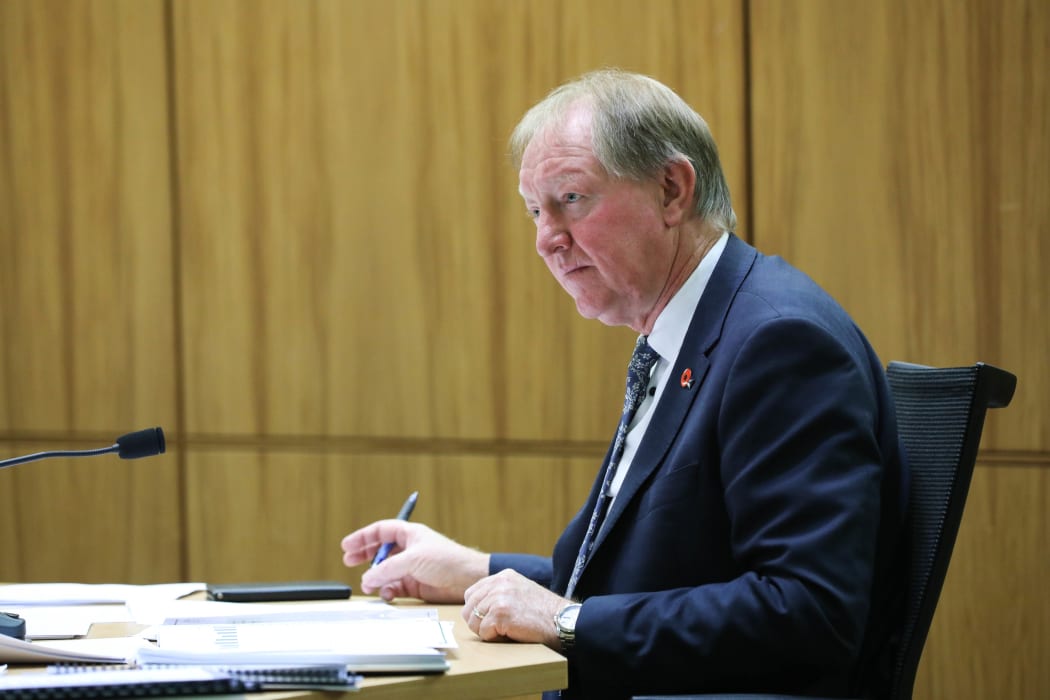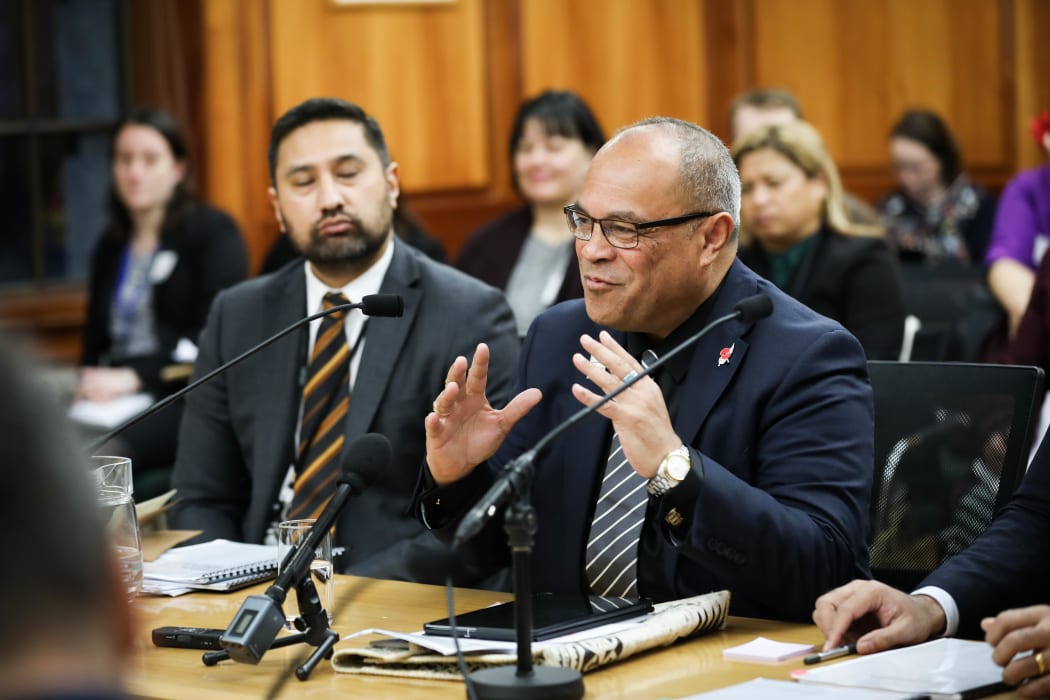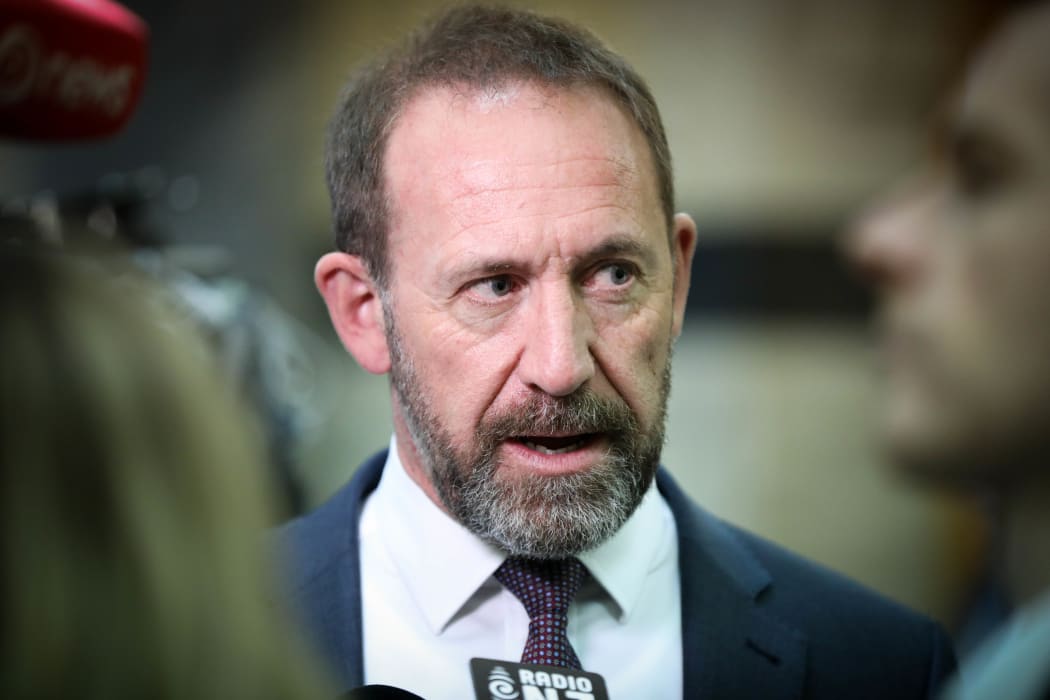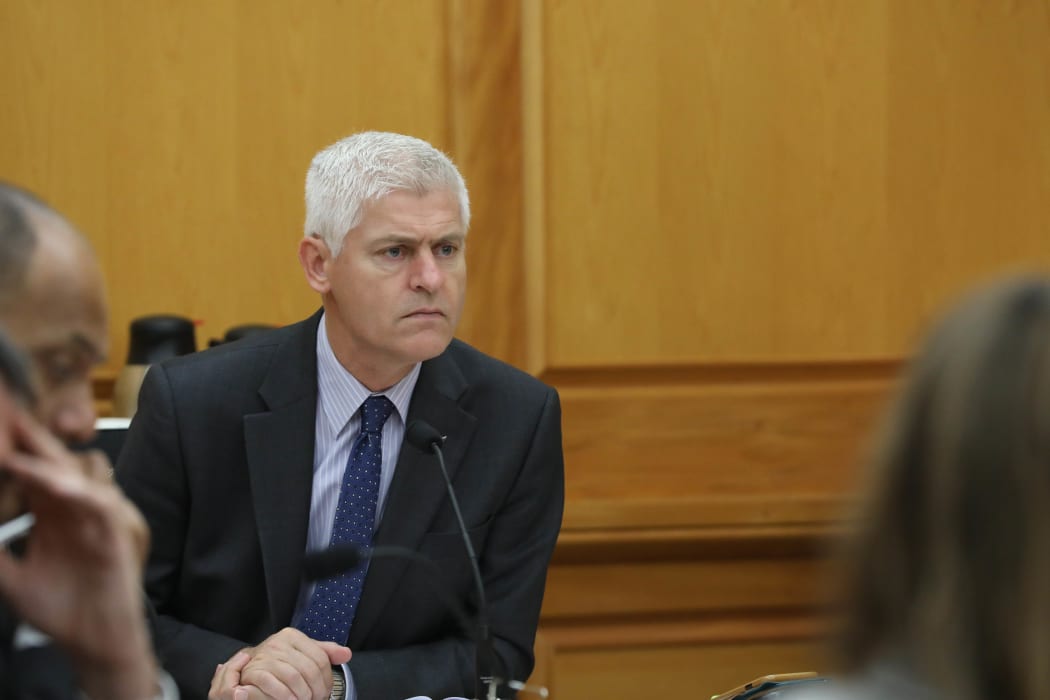Parliament is working on a bill to create a general framework for referenda.
A question on legalising cannabis will be asked at the 2020 General election in the form of a referendum and there is also potential for a referendum on euthanasia as Parliament is considering the End of Life Choice Bill.

Photo: 123RF
Legislation has to be passed to enable a referendum normally determining the wording and rules for advertising. Rather than pass a specific cannabis bill referendum bill and then an euthanasia referendum bill this bill creates a general framework for referenda (including an advertising spend limit of $300,000 and enabling the Electoral Commission to use locations and staff from the general election).
Specifically this bill will allow the wording of a referendum to be decided by ‘Order in Council’ which means Government Ministers, also referred to as the executive council, will write the question - not the House of Representatives which includes the Opposition MPs.
National’s Nick Smith said this goes against convention.
“Every bill that has been introduced prior to this Government affecting election law and referenda has involved consultation with Opposition parties” he told the House.
“This is a crude power-grab that denies the right of Parliament and the public to have a say on the way in which elections and referenda are conducted. It is a disgraceful bill.”

National MP Nick Smith is the Deputy Chair of the Justice Committee Photo: VNP / Phil Smith
In response Labour MP Meka Whaitiri said writing the question as a Parliament isn’t a convention.
“There isn't one. There is no conventional way in setting referendum questions to the House. There isn't. But despite that, we reached out to all parties in this House, and we reached out to all parties in the House to participate in the referendum around recreational use of marijuana.”
In terms of advertising the bill will use similar rules used for general elections.
Associate Minister of Justice Aupito William Sio said advertising is likely to be “a key influencer in the public debate, informing voters and encouraging voter turnout for the referendums.”

Minister for Pacific Peoples Aupito William Sio answers questions at the Social Services and Community committee. Photo: VNP / Phil Smith
Any spend over $13,200 on referendum advertising (in the three-month period right before the referendum) will need a promoter statement on the ad and the promoter will have to register.
Any registered promoter who spends over $100,000 will have to submit an expenses return to the Electoral Commission.
An overall limit on the amount that can be spent on referendum advertising will be set at about $300,000.
There have been scattered referenda over whether to change the flag, the voting system, drinking hours (a long time ago) but never more than one at a time (except for automatic Citizen’s Initiated Referenda or CIRs).
Non-binding Citizen Initiated Referenda have their own enabling Act of Parliament and are automatically initiated by heavily subscribed petitions. These have often been marred by poor wording, and despite some one sided votes none has forced a shift in policy.
Speeding up the select committee

Minister of Justice Andrew Little is in charge of this bill Photo: VNP / Daniela Maoate-Cox
Following the first reading of the Referendums Bill, Minister of Justice Andrew Little put forward a motion to have the Select Committee report back by November 11.
“The reason for this is that it is important that the Electoral Commission, as part of its preparations for the 2020 general election, has certainty,” he told the House.
“It is therefore important that this piece of legislation be passed, to the greatest extent possible, by early 2020 so that the Electoral Commission can do their planning and get that all arranged.”

National MP Tim MacIndoe Photo: VNP / Phil Smith
National MP Tim MacIndoe said bill is "vile" and the shortened select committee process "tramples" on the rights of New Zealanders.
"I say to the Government they must allow the public the standard period. We're not asking for anything extra. We're not asking for anything that goes beyond what members of the public are used to," he told the House.
"We're simply asking for members of the public to have the opportunity that they would always rightfully expect to be able to make a submission on something of such significant constitutional interest as this particular measure."
Select committees usually consider a bill for about six months but the House has the power to change this as Minister Shane Jones said.
" I want to remind listeners that my senior colleague the Minister of Justice has simply identified the best way for the select committee to use its time," he said.
"It has never been an unusual event for either the period of time to be sharpened or the use of time to be made more efficient in terms of a select committee. Numerous are the occasions when select committees have been under time pressures for them to use that time very efficiently."
The motion was passed and the Justice Committee will report back to the House by November 11.


